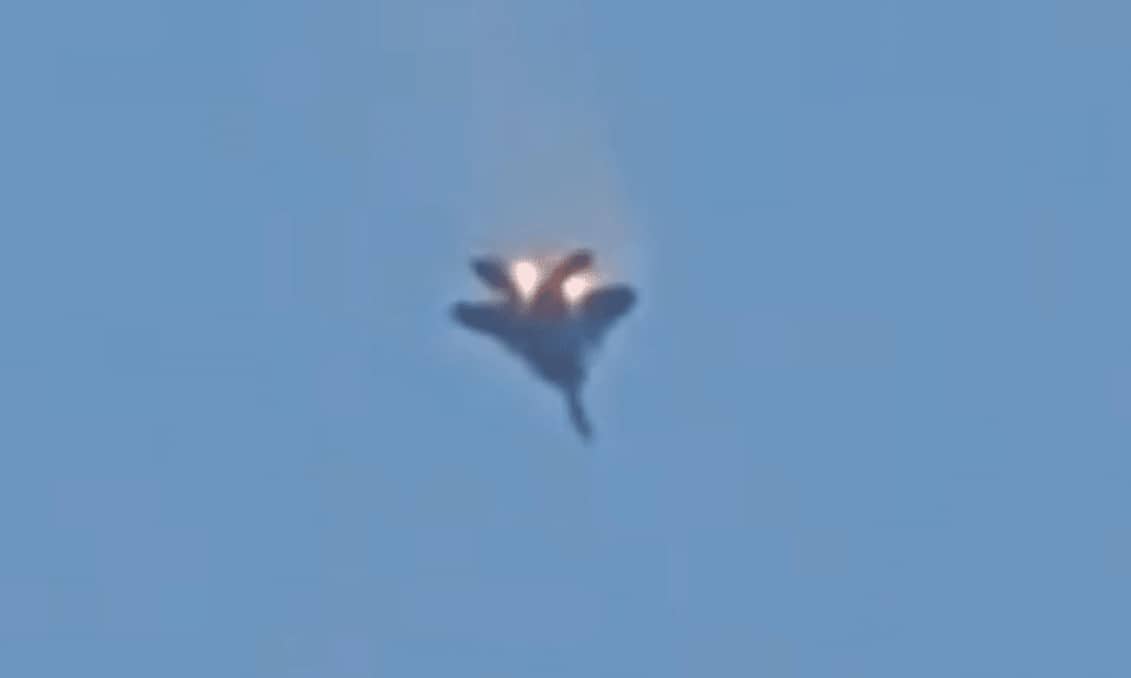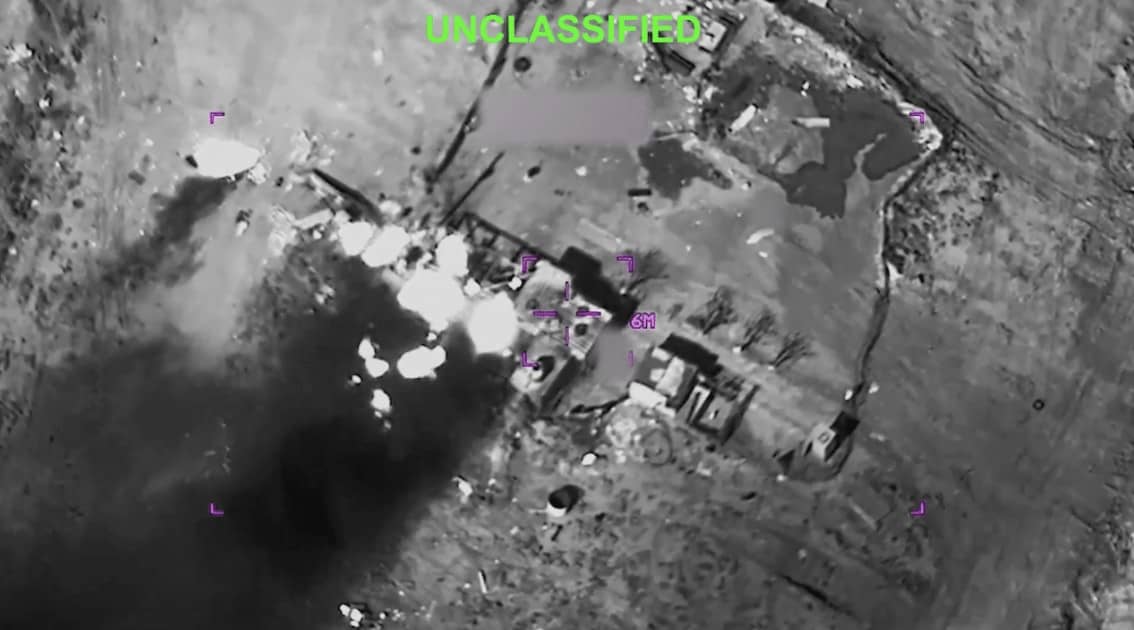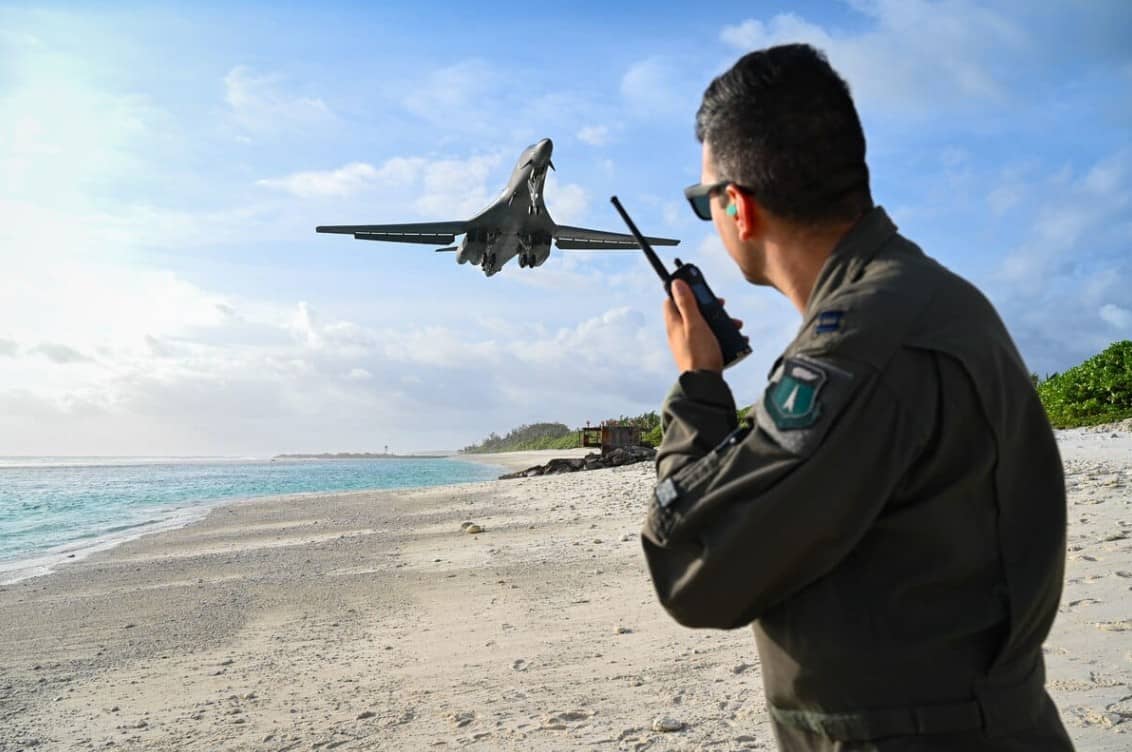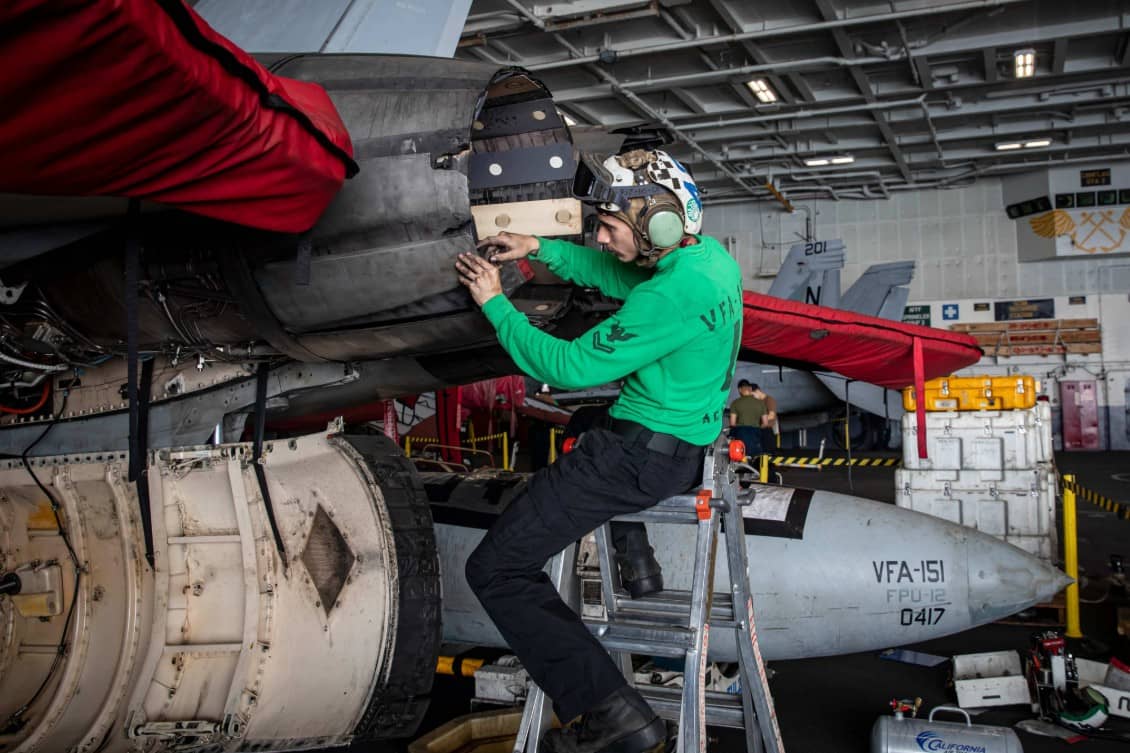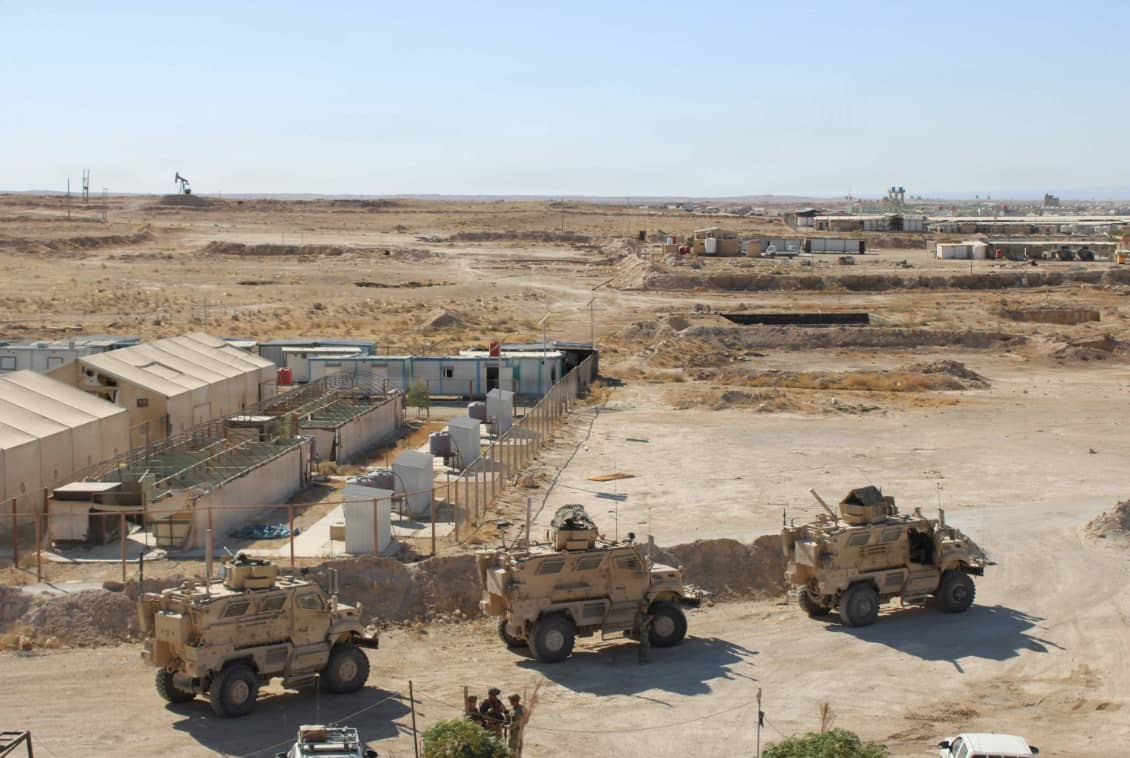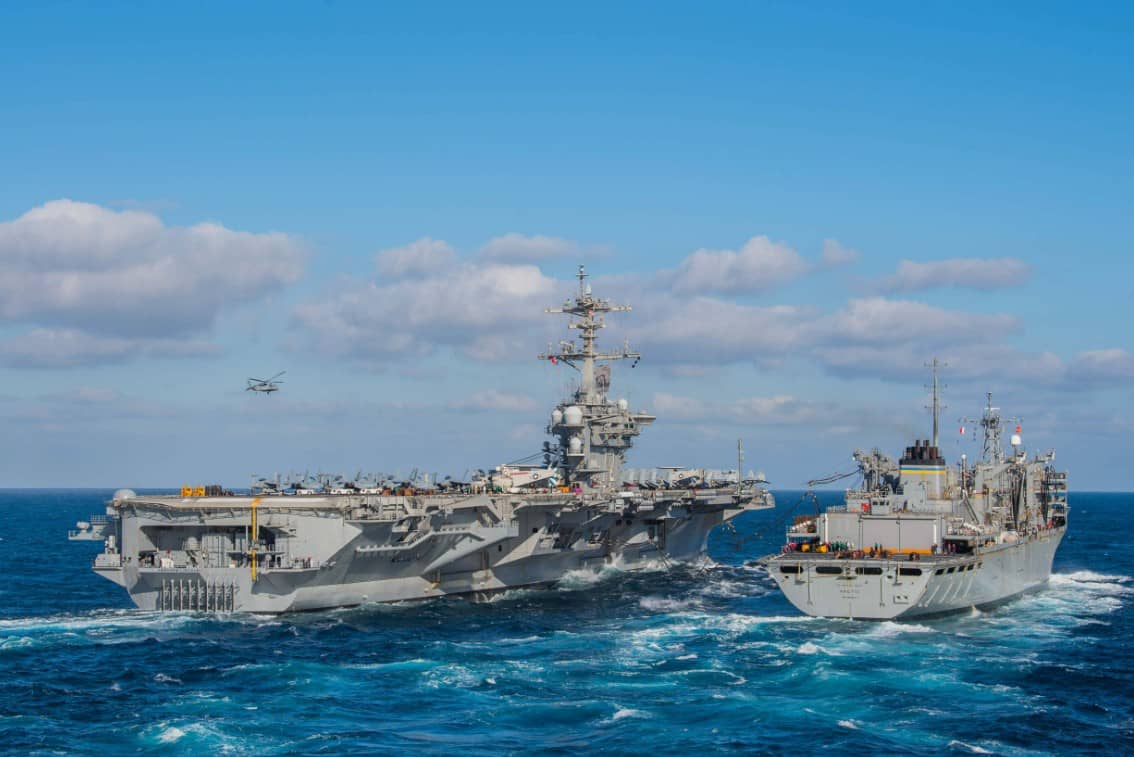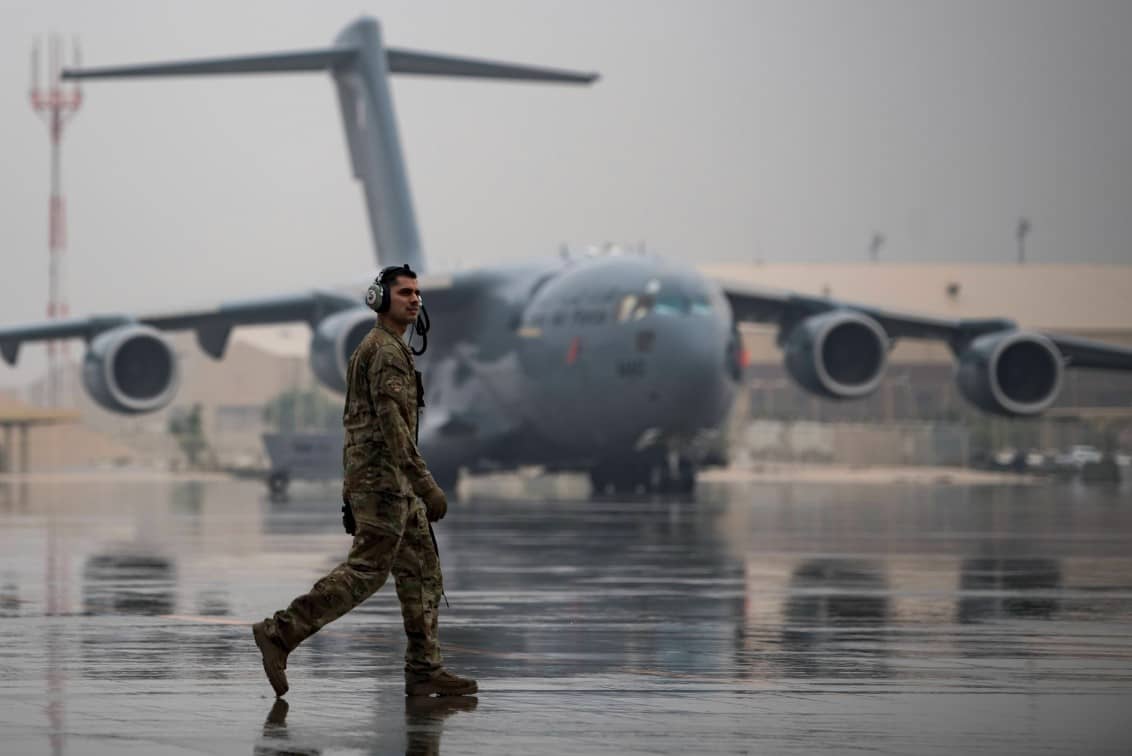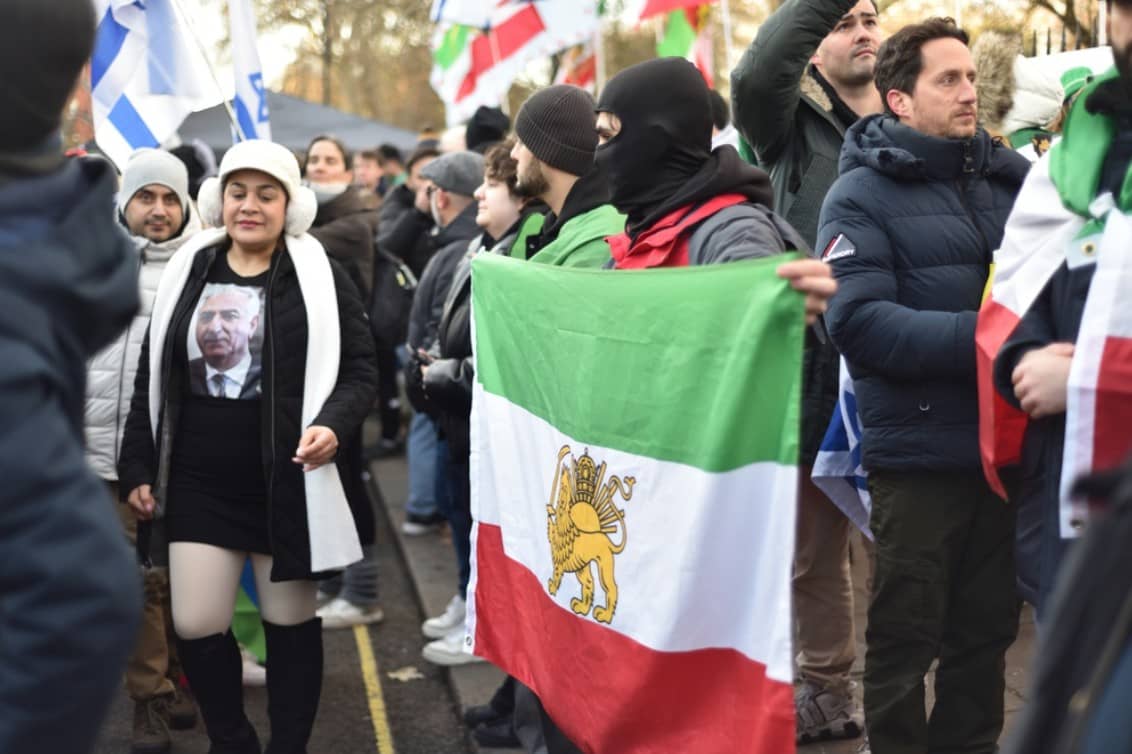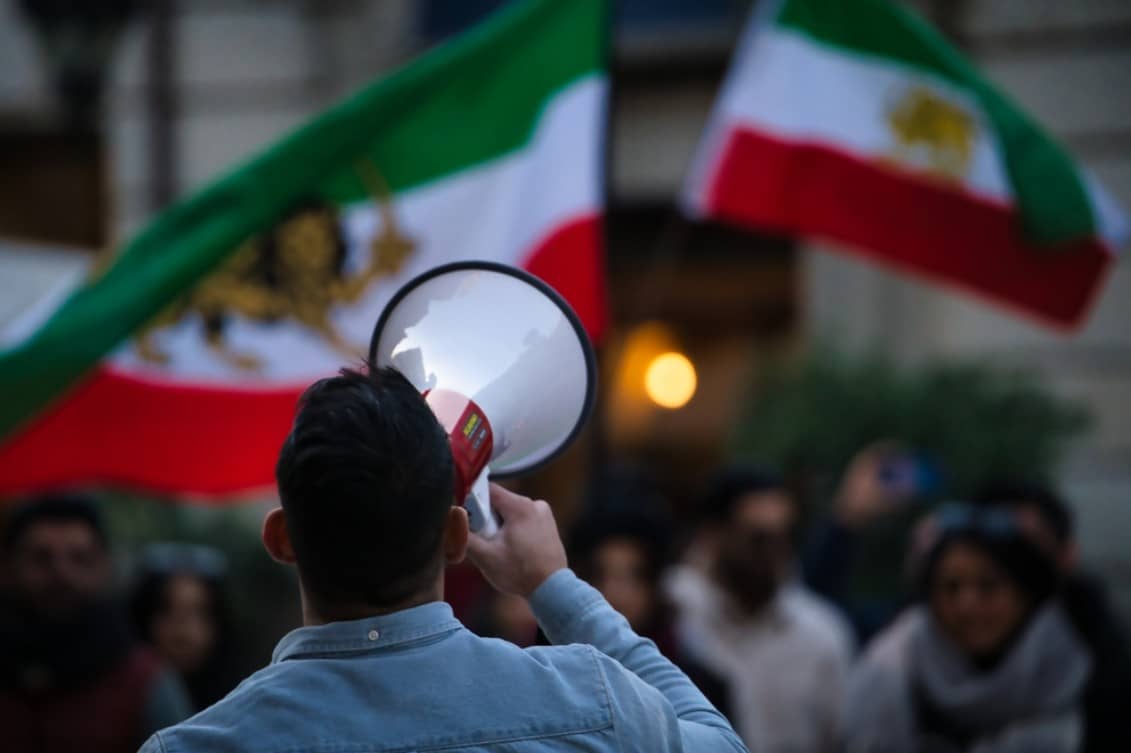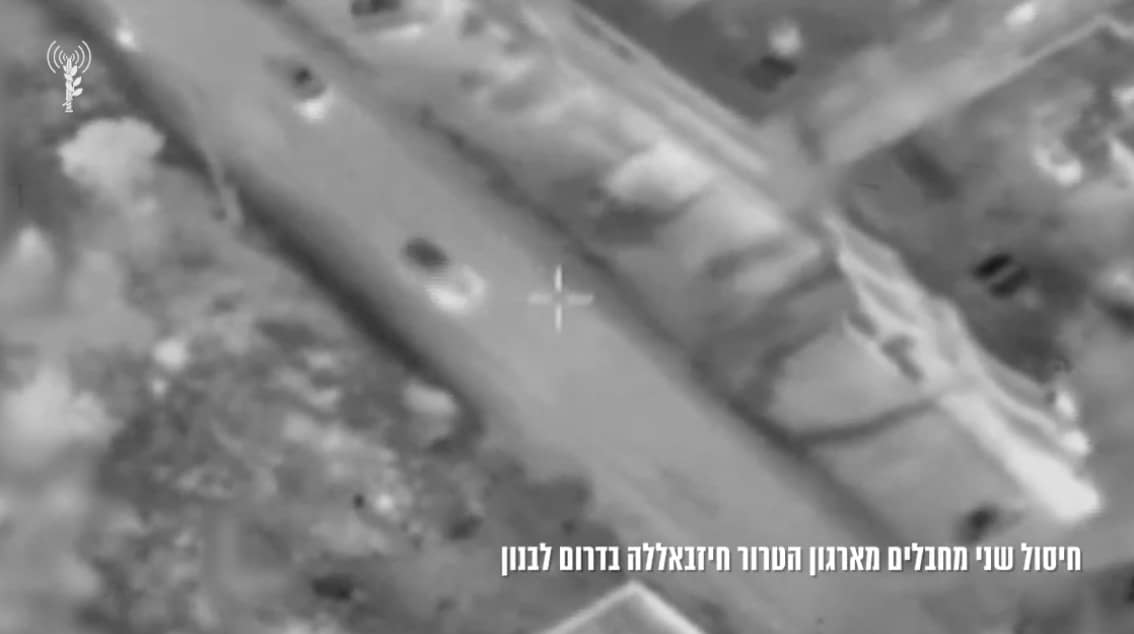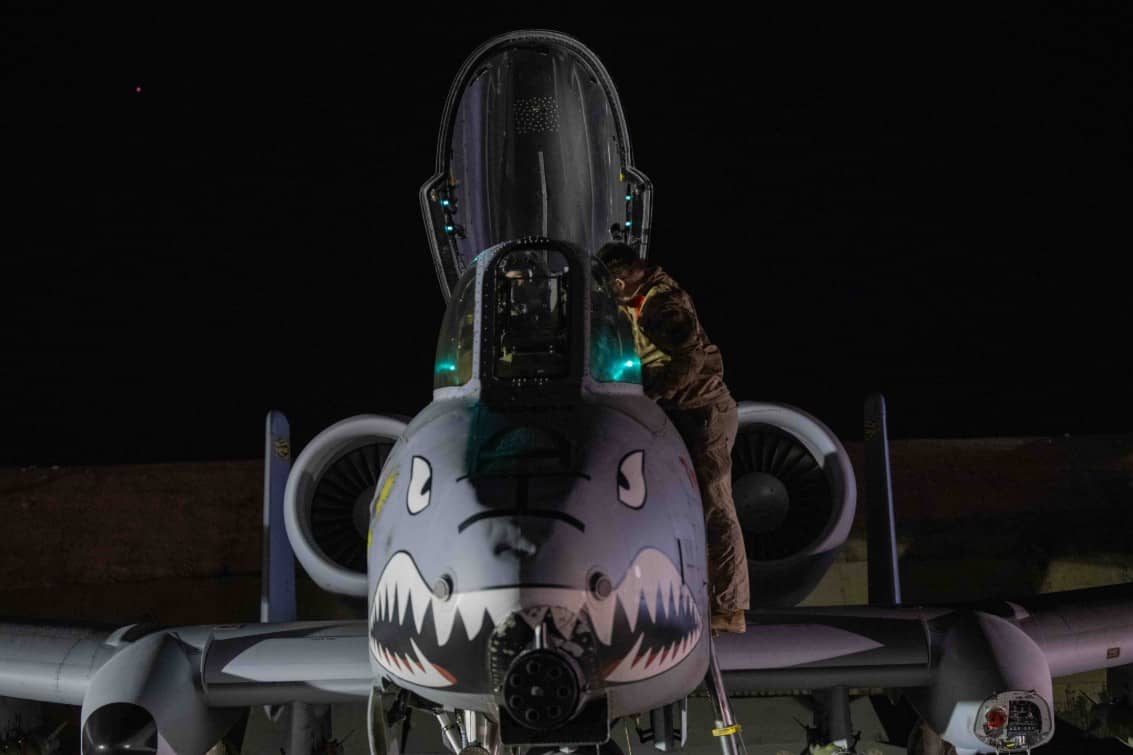Israel Strikes Military Tanks in Southern Syria as Sectarian Violence Erupts
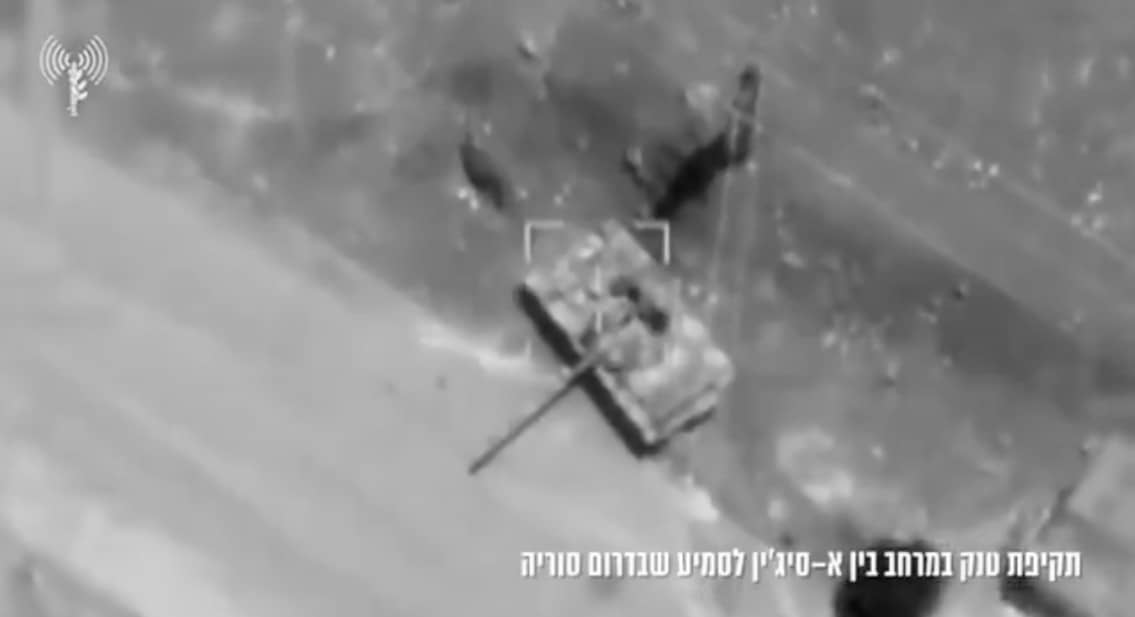
Israel’s military struck several Syrian tanks in Sweida province on Monday amid escalating violence in the region, where clashes between Sunni Bedouin tribes and Druze fighters have left dozens dead.
The Israel Defense Forces (IDF) released footage of the airstrike on X and said the operation was carried out to stop the tanks from advancing toward the scene of violent clashes in Sweida, a predominantly Druze city near the Israeli border.
מוקדם יותר היום (ב'), זוהו מספר טנקים במרחב בין א-סיג'ין לסמיע שנעו לכיוון א-סווידא שבדרום סוריה. צה"ל תקף את הטנקים על מנת לשבש את הגעתם למרחב.
— צבא ההגנה לישראל (@idfonline) July 14, 2025
הימצאות אמצעים אלו בדרום סוריה עשויה להוות איום על מדינת ישראל. צה״ל לא יאפשר קיום של איום צבאי בדרום סוריה ויפעל נגדו.
צה״ל ממשיך… pic.twitter.com/Unf1rMKjpx
“The presence of these assets in southern Syria could pose a threat to the State of Israel. The IDF will not allow the existence of a military threat in southern Syria and will act against it,” the IDF said.
Hours after the strike, Defense Minister Israel Katz said the operation was intended to send “a message and a clear warning to the Syrian regime. We will not allow harm to the Druze in Syria.”
Syria’s Interior Ministry reported more than 30 deaths and nearly 100 injuries as violent clashes erupted between Druze militias and Sunni Bedouin tribal fighters in Sweida province on Monday.
#Syria 🇸🇾: "Syrian Army" (formerly #HTS) reportedly preparing night attacks against Druze positions in #Suweida (#Sweida).
— War Noir (@war_noir) July 14, 2025
The Unit appears to be armed with PG-7VL Anti-Tank rockets, PG-7VT Tandem rockets, East German MPi-KM-72 rifles and AKM rifles. pic.twitter.com/o92sZ5cPUL
The Defense Ministry said at least 18 of those killed were members of the security forces. Meanwhile, the UK-based Syrian Observatory for Human Rights reported at least 99 dead, including 60 Druze locals, 18 Bedouin fighters, and 14 security personnel.
Shortly after the clashes began, Syria’s Interior Ministry blamed the escalation on the “absence of relevant official institutions.”
The ministry added that security forces, in coordination with the Defense Ministry, would “begin direct intervention in the area to end the conflict and impose order.”
In a statement, UN’s Deputy Special Envoy for Syria, Najat Rochdi, expressed deep concern over the report and urged “the interim authorities [in Damascus] and local stakeholders to take immediate steps to protect civilians, restore calm, and prevent incitement.”
She further stressed the urgent need for “genuine inclusion, trust-building, and meaningful dialogue” to advance Syria’s political transition.
The governor of Suweida, Mustapha al-Bakur, called on residents to “exercise self-restraint and respond to national calls for reform.” Several Syrian Druze spiritual leaders also appealed for peace.
Israel has previously vowed to protect the Druze community in Syria. In March, during clashes in Jaramana—a Druze-majority town near Damascus—between Syrian government forces and local Druze gunmen, Katz declared: “Should the regime harm the Druze, it will be struck by us.”
“We are committed to our Druze brethren in Israel to do everything to prevent harm to their Druze brethren in Syria, and we will take all the steps required to guarantee their safety,” Katz added.

